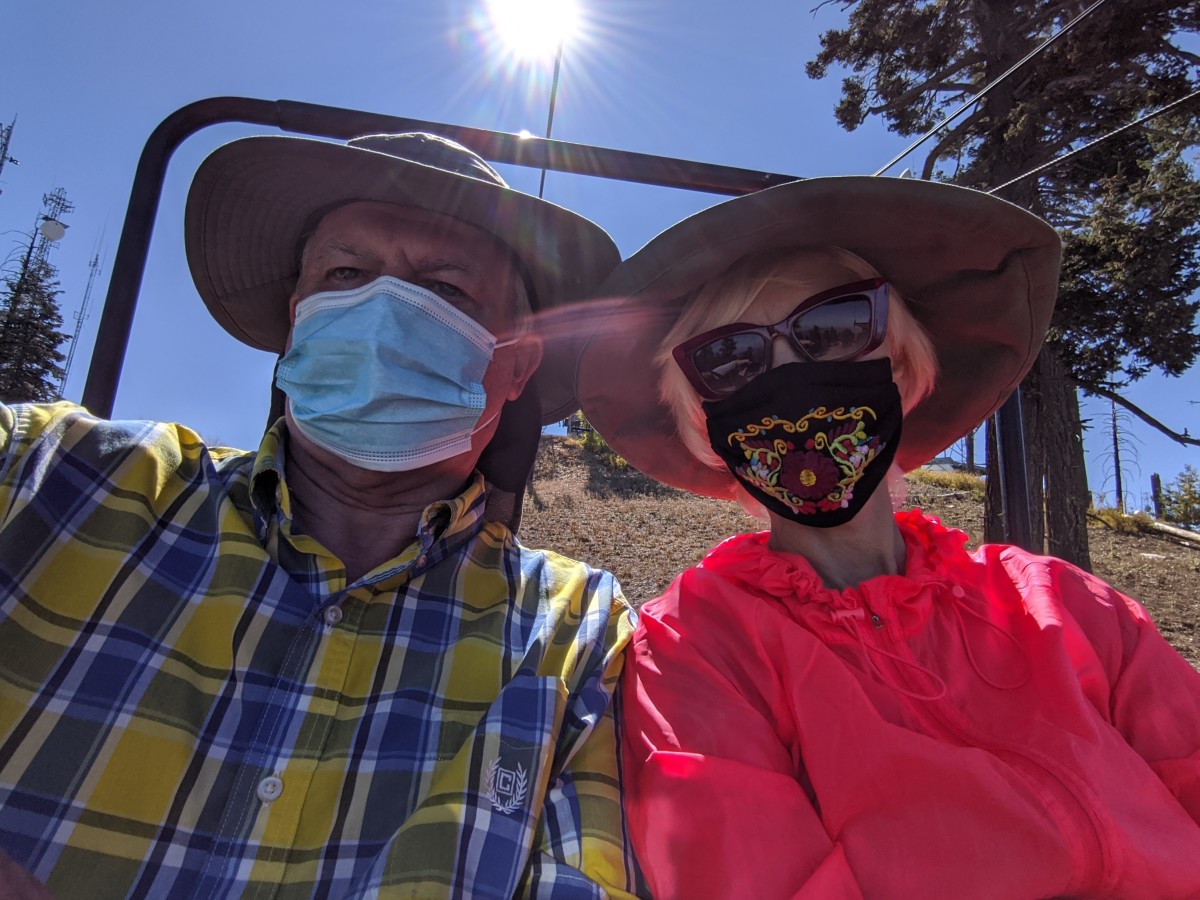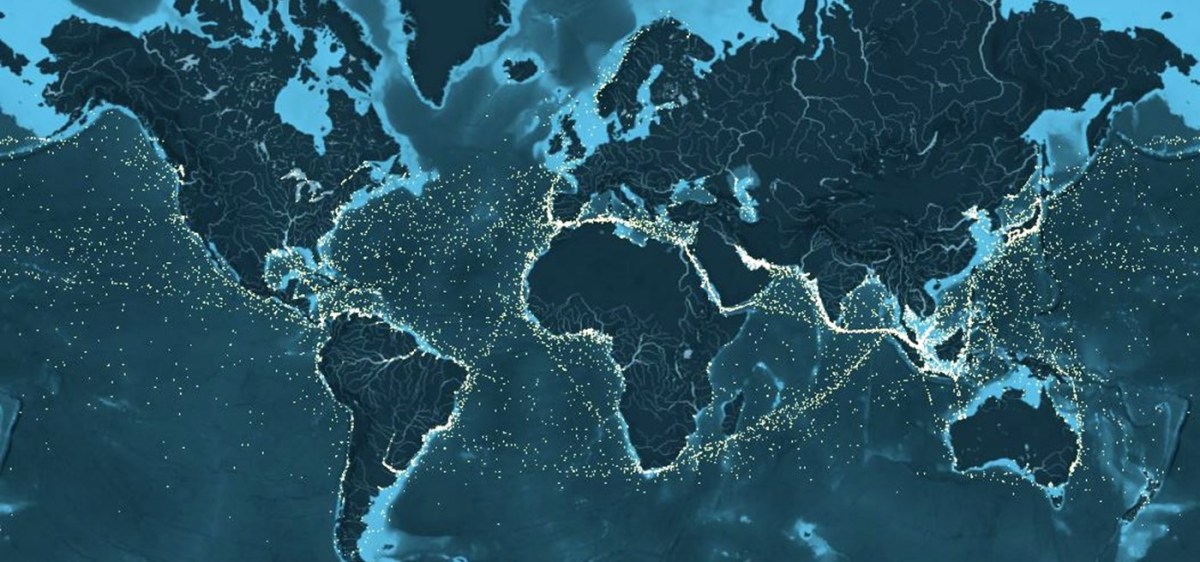Why Are Financial Scams on the Rise During This Coronavirus (Covid-19) Pandemic?

In Peru, India, Philippines, South Africa, Kenya, and other developing nations, financially vulnerable people who are already hard hit with the impact of the COVID-19 crisis have been targeted by fraudsters seeking to take advantage of their vulnerable situation. These fraudsters have taken advantage of the internet to go beyond the borders of their home countries and target the international community. There’s the risk that these online fraudsters could undermine the confidence in digital technologies. Digital technologies have proven to be a key instrument in the fight against this pandemic as global lockdowns have been put in place therefore restricting physical interactions and movement of people.
These technologies are proving to be very vital in keeping people connected and informed during this pandemic. Of particular importance is the trust in digital financial facilities which have been essential in driving forward financial inclusion efforts. If these financial scams continue increasing in number and sophistication, this will likely damage the trust that has been accorded to digital technologies.

What are some of the COVID-19-related financial scams that have been reported so far?
Below are some examples of COVID-19-related scams:
- Phishing attacks offering people a free Netflix subscription if they participate in an online survey and forward the same message to 10 contacts in their WhatsApp or any of their social media platforms.
- Emails with fishy links have been sent to random people alleging to be from the United Nations, the World Health Organisation, or the CDC offering fake information or some form of financial assistance upon completion of a certain task.
- Scammers have visited homes in South Africa purporting to "recall" coins and banknotes that have been contaminated with COVID-19, giving receipts for “clean” money that they never deliver.
- Fake offers of emergency loans upon payment of a small fee.
- The INTERPOL has warned that fraudsters have been contacting potential victims pretending to be healthcare givers, reporting that one of the victim’s relatives has contracted COVID-19 and requesting payment for medical treatment.
- People who want to protect themselves against COVID-19 are falling victim to offers of bogus medical products like masks, testing kits, and vaccines.
- There have been false narratives that COVID-19 is associated with exposure to new technologies like the 5G.

How can governments and other relevant authorities protect vulnerable people against COVID-19-related financial scams?
Preying on vulnerable people at a time of this pandemic is unconscionable. A multi-dimensional effort is required to protect people from becoming potential victims at a time when most are struggling with the loss of income lockdowns put in place to combat COVID-19. A multi-sectorial effort by the private and public sectors is required to shield people through education and law enforcement.
Education is key in the short term and elected governments are in a prime position to take charge. For instance, in the Philippines, the Department of Information & Communications Technology has urged Filipinos to be aware of online fraudsters and to be mindful of unverified COVID-19-related applications or websites that require people to provide personal information or any other form of data.
There’s a need for relevant authorities to continue identifying consumer protection threats. Steps should then be taken to warn people in advance of potential scams.
In a connected world, it’s often easier to engage in fraudulent activities across borders. There’s no better time than this for governments to engage their neighbors and crackdown on fraudsters within each other’s borders. Such efforts can be led by INTERPOL which is an inter-country police unit with 194 member states. On their own database, INTERPOL has recorded COVID-19-related fraud cases from member states almost on a daily basis, along with appeals to assist in stopping real-time fraudulent payments. While the majority of potential victims are mainly situated in Asia, fraudsters have been located in other regions like Europe. INTERPOL has assisted national authorities in blocking some fraudulent payments, helping with up to 30 Coronavirus related scam cases. Where cooperative treaties between nations don’t exist, perhaps the current crisis would help encourage such cross-border efforts.
Conclusion.
Collectively, countries can stop the outrageous attempts by fraudsters to use this pandemic for their own financial gain. Of course, to live through the pandemic many people will require more financial and medical help and not just guidelines on how to elude scams. Many nations have implemented wide-ranging mitigation measures. Digital financial services like mobile money transfers are proven instruments for passing financial aid fast to the intended people. Let us take measures now to safeguard the gains made by digital technology.








